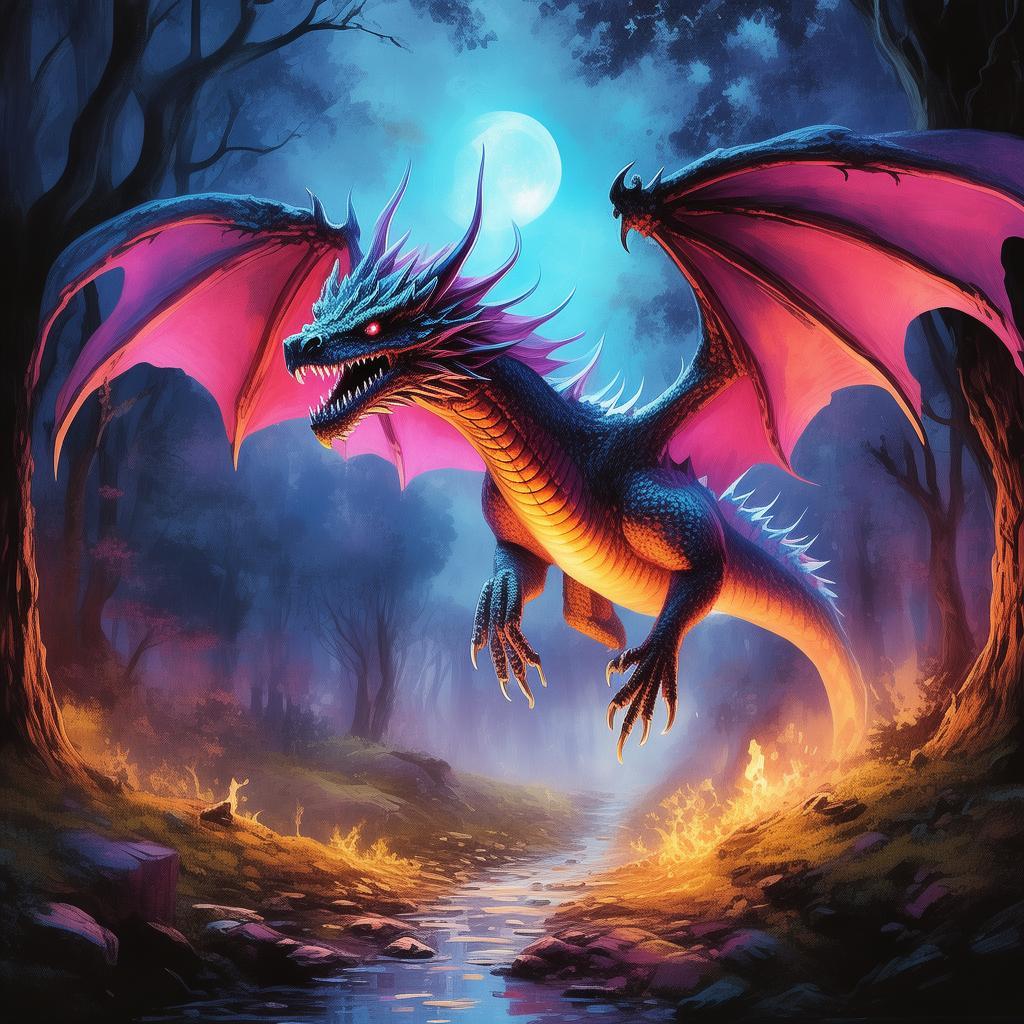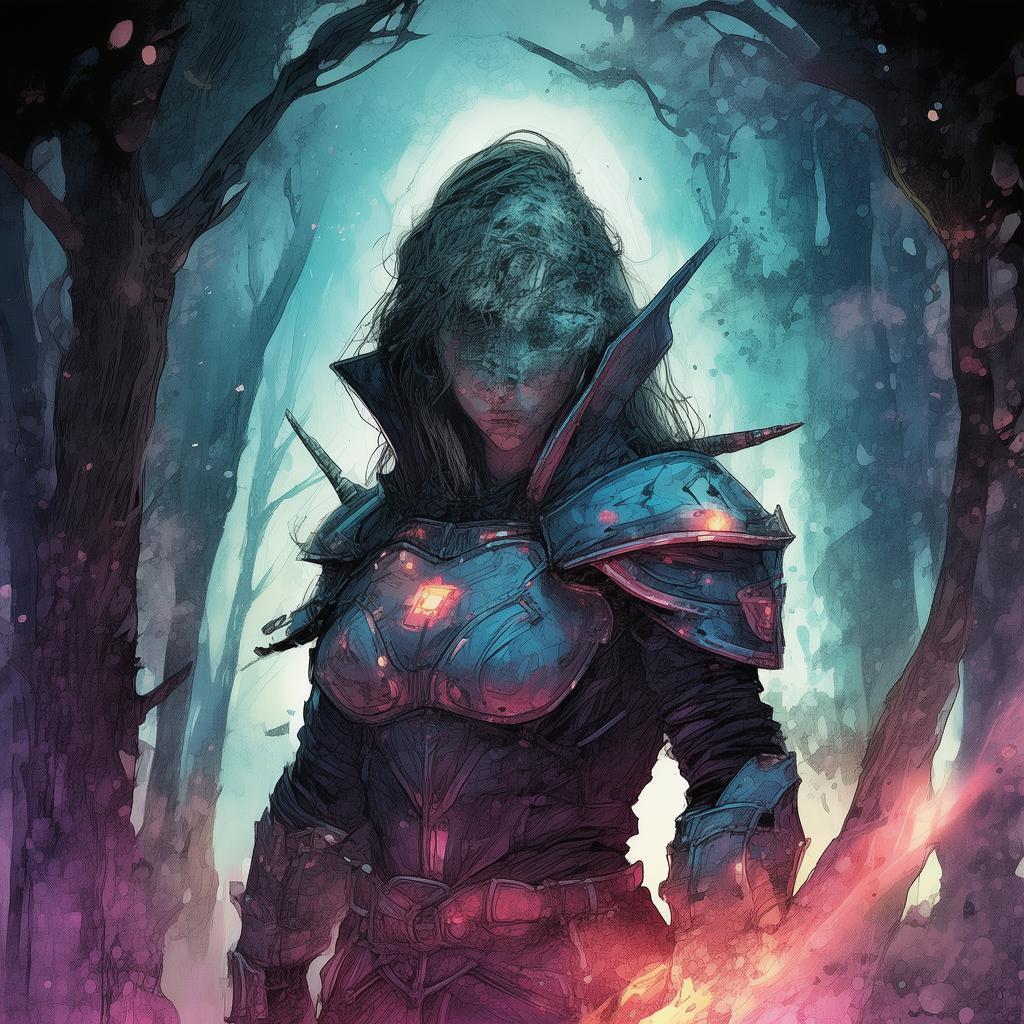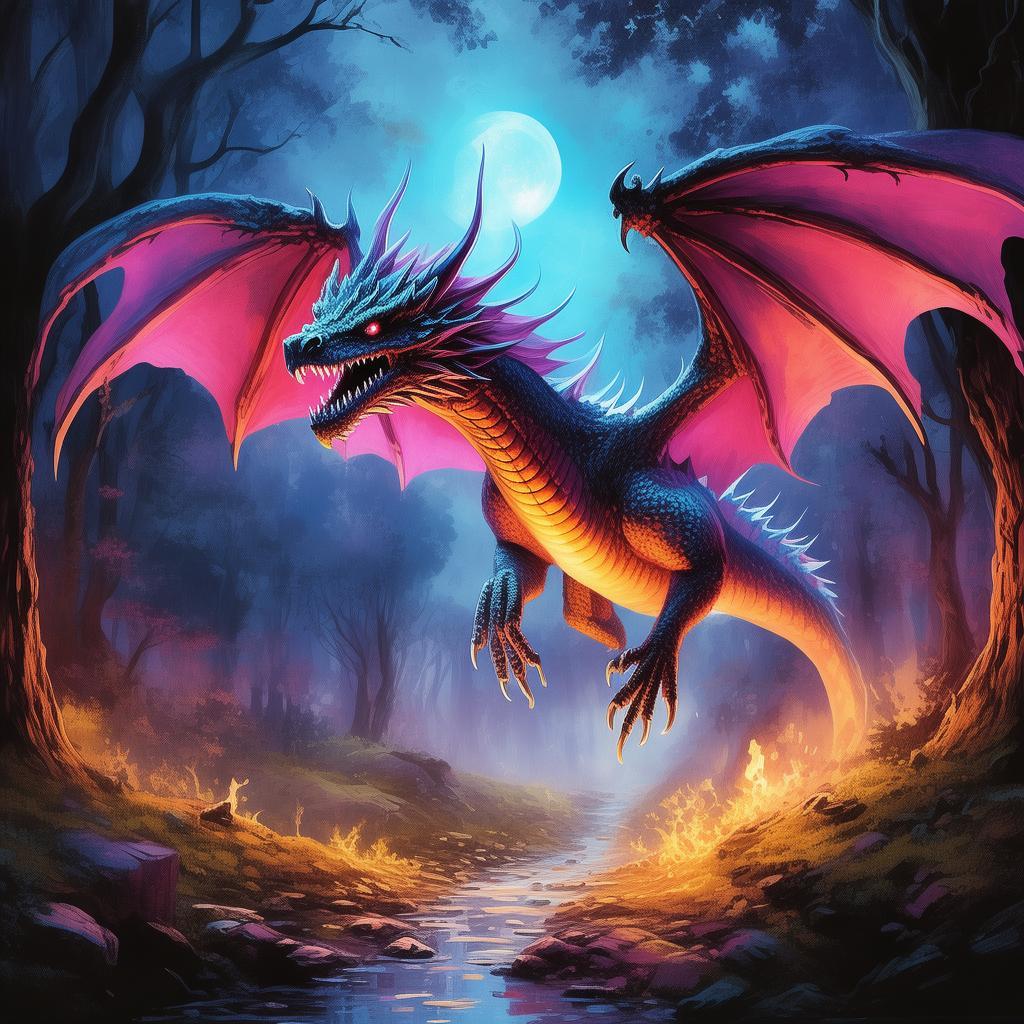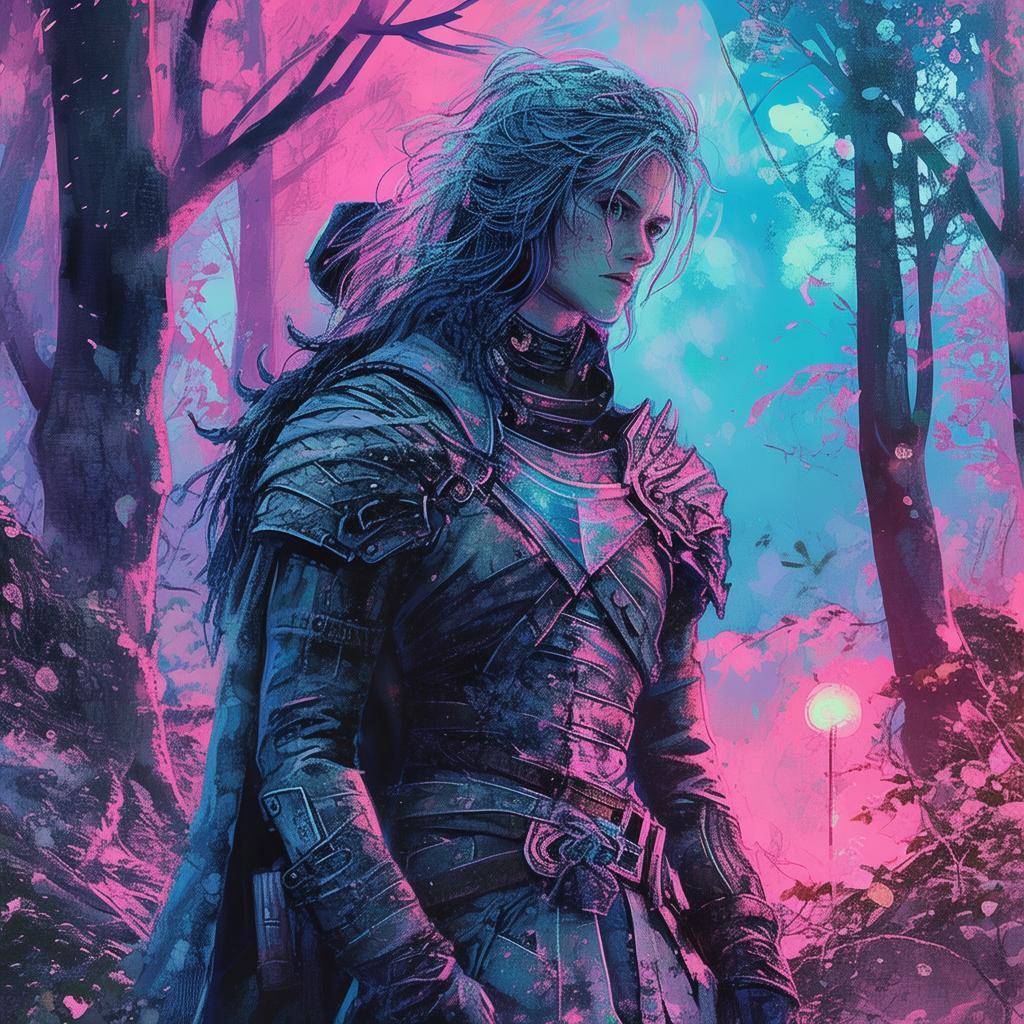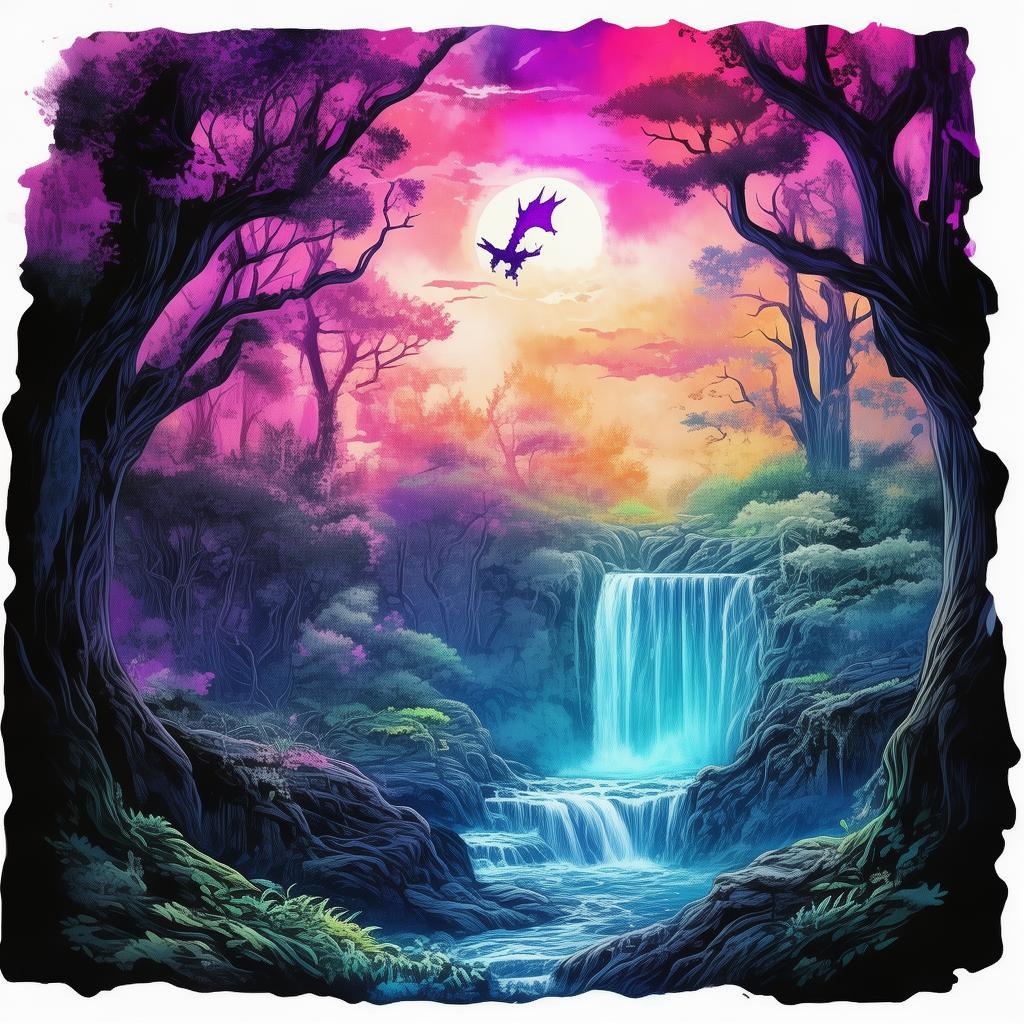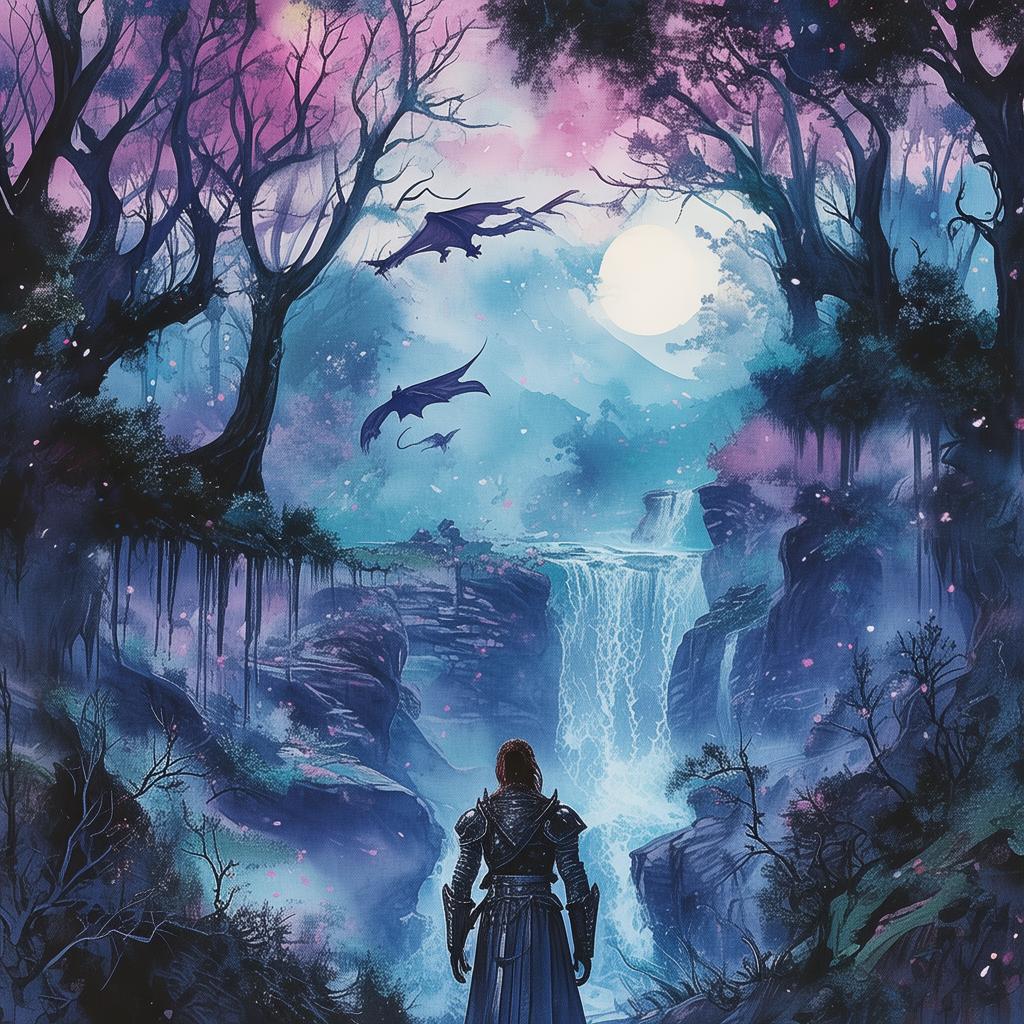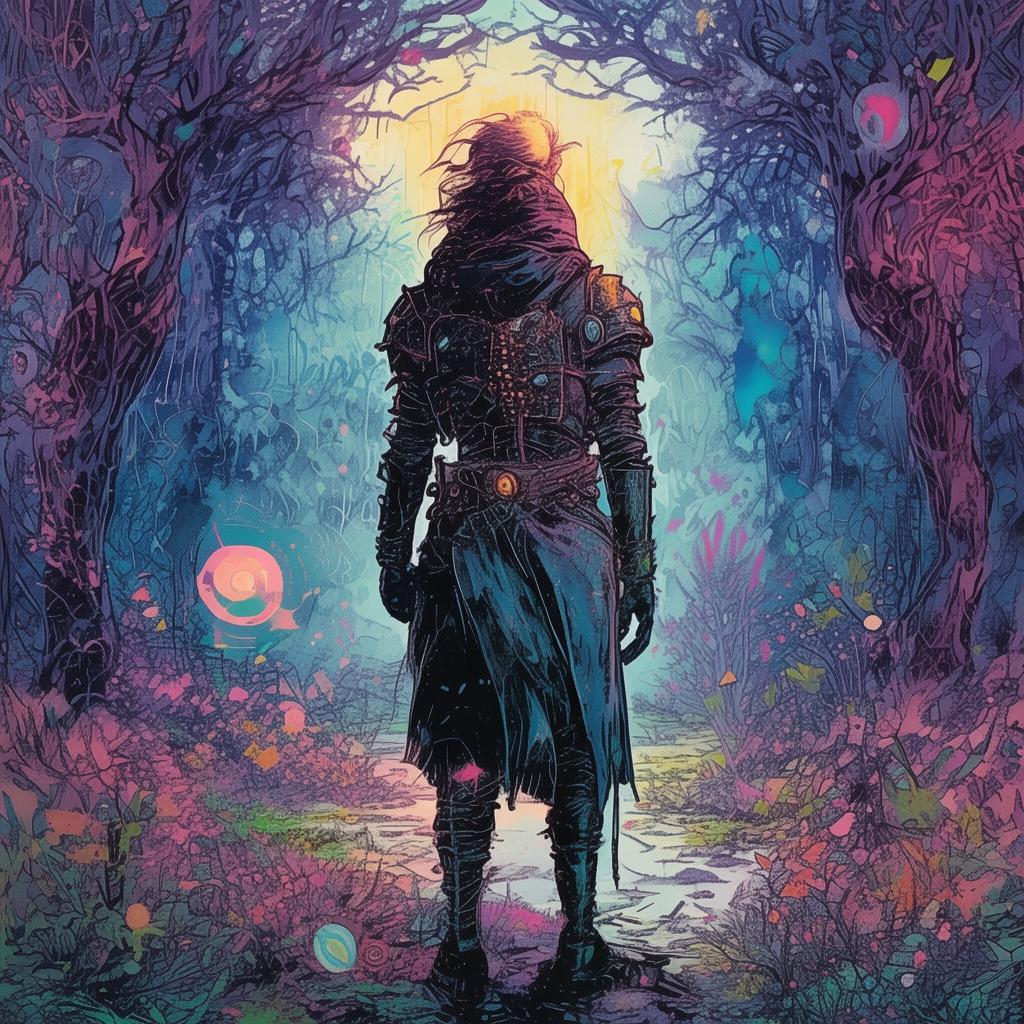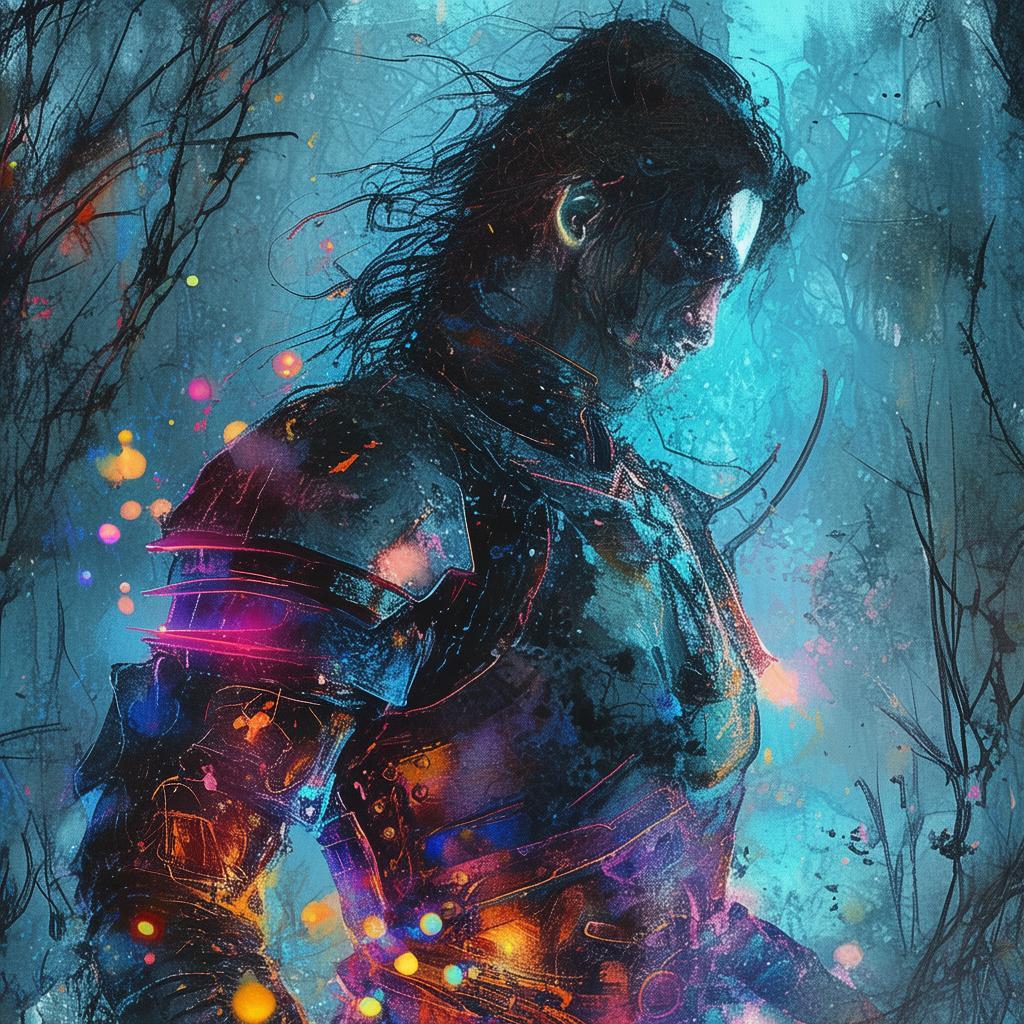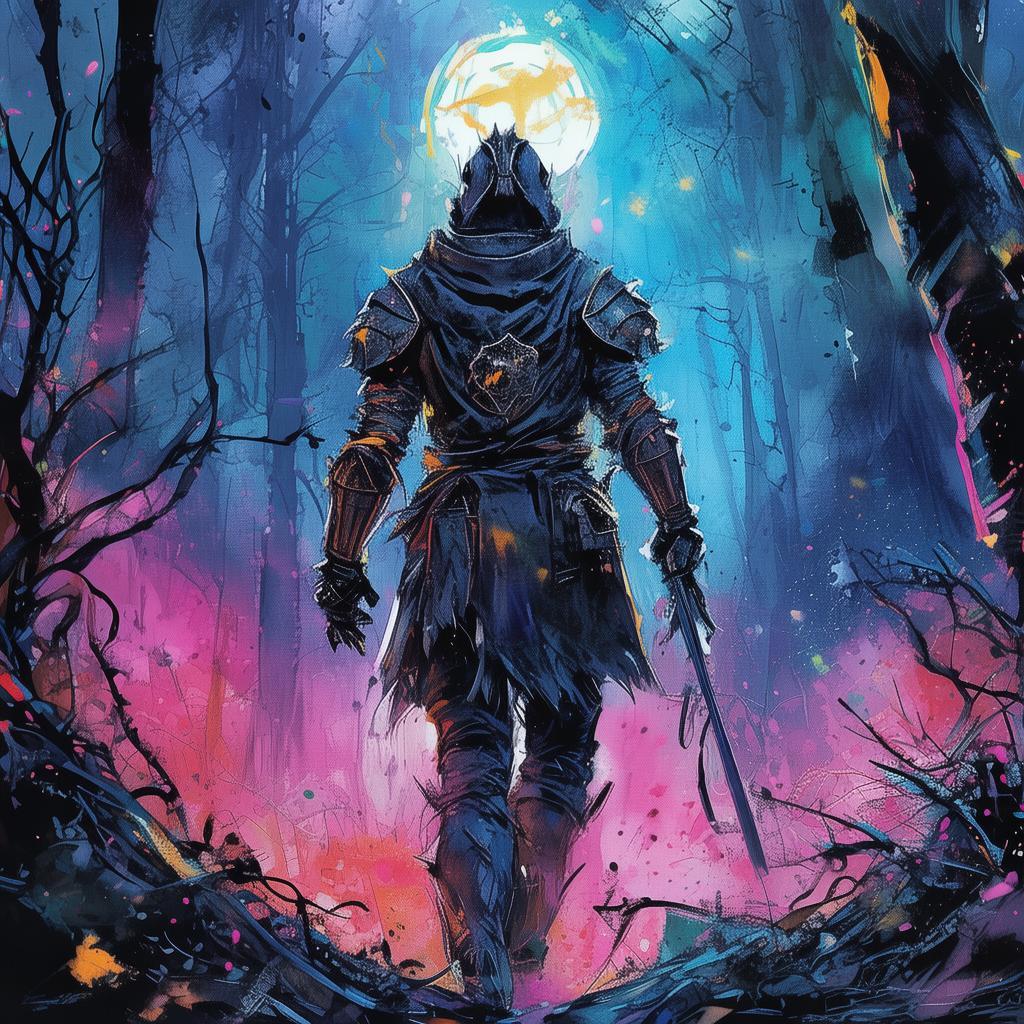The Feng Shui Enigma: The Labyrinth of the Forbidden Temple
In the heart of the misty mountains of ancient China, nestled between the whispering pines and the whispering winds, lay the enigmatic Forbidden Temple. It was said that the temple was built by a master of Feng Shui, a man who had transcended the boundaries of time and space, and had left behind a labyrinthine maze that was said to hold the secret to eternal life. The temple was forbidden to all but the pure of heart, and those who dared to enter were often never seen again.
Amidst the tales of the temple's mystique, there lived a young scholar named Ming. Ming was not an ordinary scholar; he was a master of the ancient art of Feng Shui, a descendant of the same lineage as the temple's creator. His life's quest was to unravel the secrets of the temple and to prove his worth as a true master of the ancient art.
One moonlit night, as the silver crescent hung low in the sky, Ming made his way to the temple's entrance. The air was thick with the scent of pine and the sound of the wind, as if the very landscape itself was alive with the ancient energy that the temple contained. He paused at the threshold, feeling the weight of history and mystery pressing down upon him.
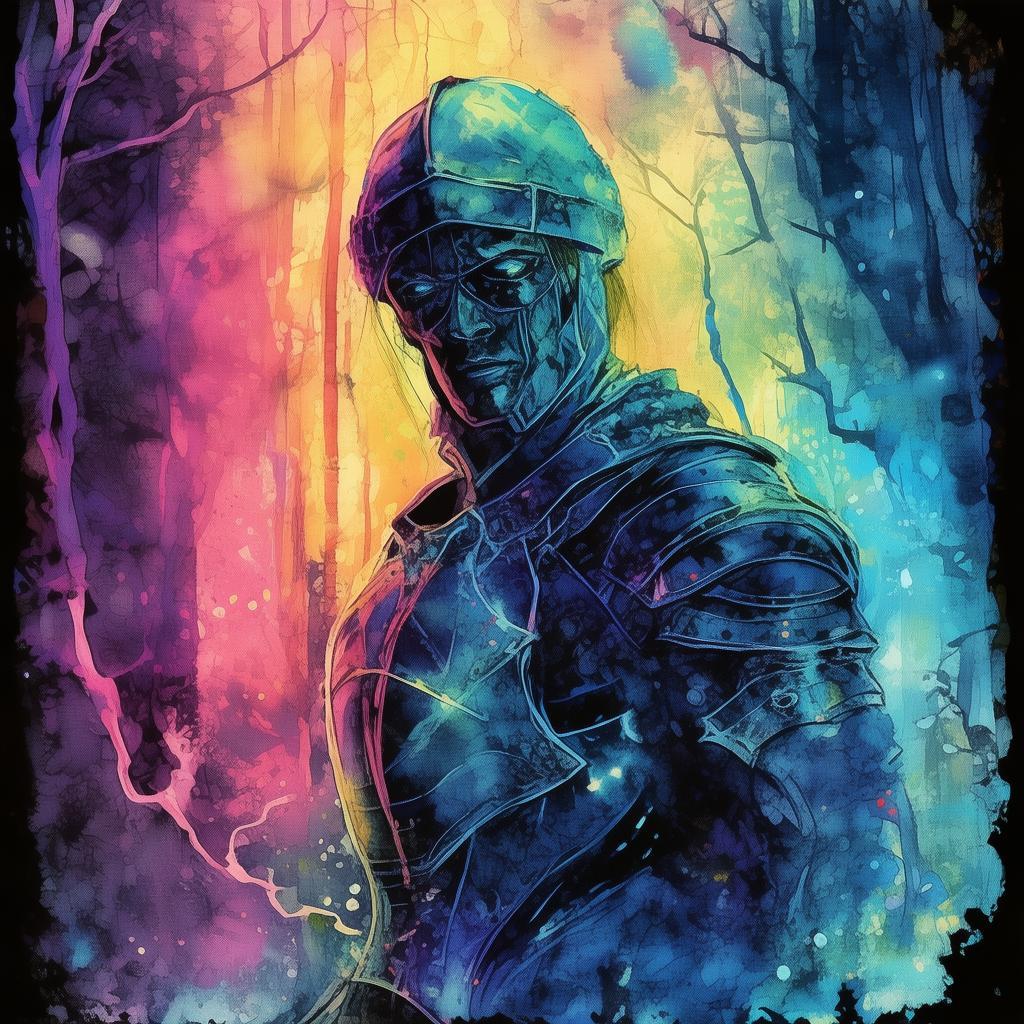
"Who enters here must be pure of heart and mind," whispered a voice, echoing through the labyrinthine corridors of the temple. Ming turned to see no one, yet he knew the voice was real. It was the voice of the temple, a living entity that could sense the intentions of its visitors.
Ming's heart raced with anticipation and fear. He knew that his journey would not be easy, but he was driven by a deep-seated desire to uncover the truth. With a deep breath, he stepped inside, the heavy door closing behind him with a resounding thud.
The first chamber was a vast, empty room, filled with the echoes of the past. Ming wandered through, his eyes scanning the walls for any sign of the labyrinth's beginning. Suddenly, he felt a strange energy, a tingling sensation that seemed to come from the floor. He knelt down and traced the pattern with his fingers, and to his astonishment, the floor began to shift and slide away, revealing a hidden door.
Through the door, Ming found himself in a narrow corridor, the walls lined with ancient scrolls and artifacts. As he walked deeper, he began to see symbols and runes that he recognized from his studies. Each step he took seemed to bring him closer to the heart of the temple, and closer to the truth.
The corridor twisted and turned, and Ming soon found himself in a room filled with mirrors. The walls were lined with countless mirrors, each reflecting the image of the temple, the labyrinth, and Ming himself. He felt a chill run down his spine as he realized that the mirrors were traps, designed to disorient and confuse those who dared to enter.
With a determined resolve, Ming pressed on, pushing through the mirrors and into the next chamber. Here, the walls were adorned with intricate carvings of dragons and phoenixes, symbols of power and transformation. Ming felt a surge of hope as he recognized the symbols from his studies, and he knew that he was close to the temple's heart.
The next corridor was dark and silent, save for the occasional echo of Ming's footsteps. He reached for his lantern and cast its light upon the walls, revealing more carvings and symbols. The air grew colder, and Ming could feel the ancient energy of the temple surrounding him, a constant reminder of the power he was about to face.
Finally, Ming arrived at the temple's heart, a chamber bathed in the soft glow of bioluminescent plants. In the center of the room stood a pedestal, upon which rested an ancient book bound in leather and gold. Ming approached the pedestal, his heart pounding with excitement and fear.
As he opened the book, the symbols and runes began to glow, and a voice echoed through the chamber. "You have passed the trials, Ming Scholar. You are worthy to know the truth."
The book spoke of the temple's creation, the master's life, and the secrets of the ancient civilization that had once thrived there. Ming read of the master's discovery of a hidden power within the art of Feng Shui, a power that could manipulate the very fabric of time and space.
But as Ming delved deeper into the book, he discovered a dark truth. The master of the temple had not created the labyrinth for enlightenment; he had created it for power. The labyrinth was a trap, designed to ensnare the pure of heart and to use their energy to sustain the master's existence.
As Ming read the final pages, he realized that he had been chosen to bring the truth to light, to free the temple from its dark purpose. With a newfound determination, he closed the book and set it upon the pedestal, feeling the weight of the temple's secrets upon his shoulders.
Ming turned to leave the chamber, but as he did, he felt a presence behind him. He turned to see the master of the temple, an ancient figure with eyes that seemed to see through time itself. "You have been chosen, Ming Scholar," the master said. "You will take the power of the temple and use it wisely."
With a deep bow, Ming accepted the master's blessing and stepped into the labyrinth once more. As he walked through the maze, he felt the ancient energy of the temple surrounding him, a reminder of the journey he had undertaken and the truth he had uncovered.
The labyrinth opened up into the open air, and Ming emerged from the temple, a changed man. He knew that his life would never be the same, but he also knew that he had been chosen for a reason. The power of the temple was now his, and he would use it to bring enlightenment and balance to the world.
And so, the legend of the Forbidden Temple and the young scholar Ming lived on, a testament to the power of Feng Shui and the enduring quest for truth.
✨ Original Statement ✨
All articles published on this website (including but not limited to text, images, videos, and other content) are original or authorized for reposting and are protected by relevant laws. Without the explicit written permission of this website, no individual or organization may copy, modify, repost, or use the content for commercial purposes.
If you need to quote or cooperate, please contact this site for authorization. We reserve the right to pursue legal responsibility for any unauthorized use.
Hereby declared.
